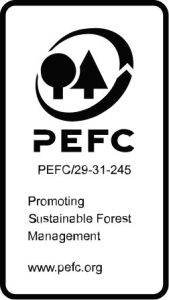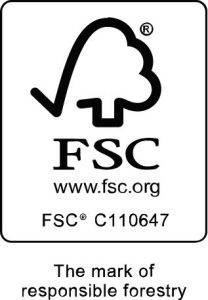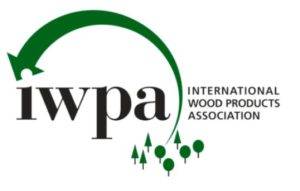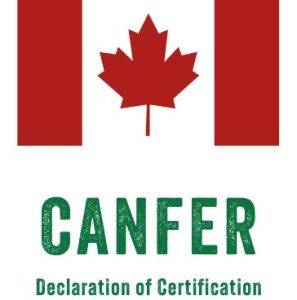Keeping Our Forests Thriving
At NWH, sustainability is at the heart of everything we do. By carefully managing the forests that have sustained us for generations, we ensure that these resources remain vibrant, diverse, and resilient — benefiting both the environment and the communities that depend on them.
Protecting a Renewable Resource Worldwide
North American hardwoods are not just beautiful and durable materials; they play a critical role in storing carbon and supporting the health of forest ecosystems. Through sustainable forestry practices—such as selective harvesting and replanting—we ensure the long-term vitality of our forests. Our adherence to internationally recognized environmental standards reflects our commitment to responsible forest management and conservation.
Leading with Integrity: Our Certifications
We responsibly source from forests managed with care and transparency. Through third-party audits and globally recognized certifications, we uphold traceability, sustainability, and biodiversity protection. By conducting overseas site audits, we go beyond compliance to reinforce ethical sourcing and conservation, supporting sustainable forestry worldwide.
Revitalizing Pacific Northwest Forests
The NWH Alder Seedling Program is dedicated to reversing the decline of alder trees in the Pacific Northwest, where they play a crucial role in enriching soil with nitrogen and supporting biodiversity. By reintroducing these vital trees, we aim to restore ecological balance and enhance the resilience of regional forest ecosystems.
Our commitment to sustainability ensures that natural resources thrive today and for generations to come.
Contributing to Economic and Social Well-Being
Sustainably managed hardwood forests provide significant economic benefits, especially in rural communities where timber is harvested. By creating jobs in forestry, manufacturing, transportation, and related industries, NWH plays a vital role in sustaining local economies. Additionally, our commitment to social forestry helps support long-term forest stewardship while enhancing the livelihoods of people who rely on these forests.
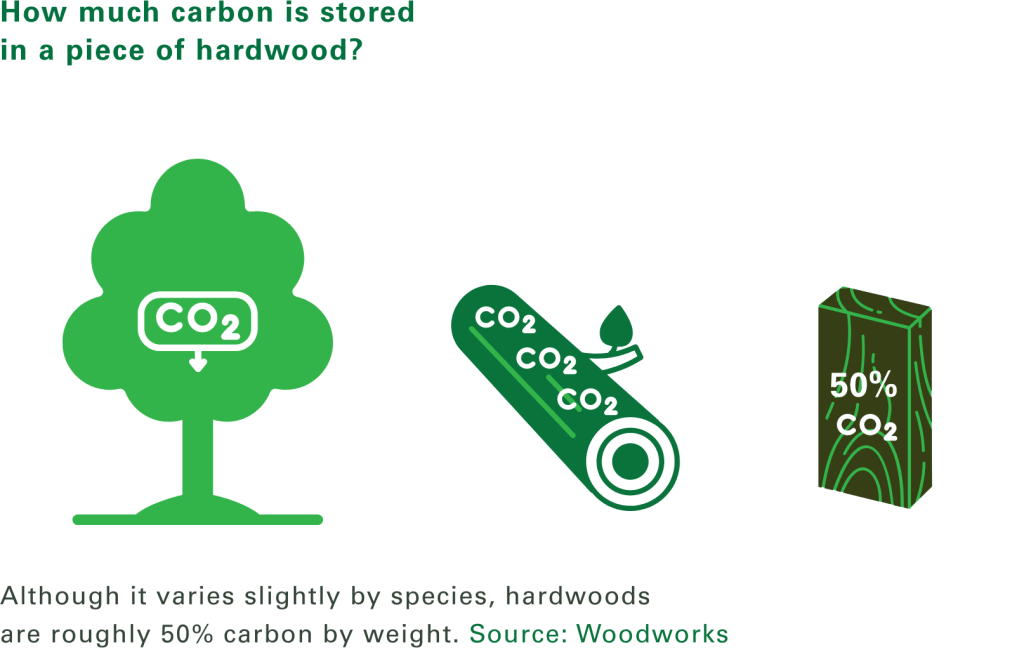
Why Responsible Forestry So Important: A Quick Study
Carbon Storage
Trees absorb carbon dioxide (CO₂) from the atmosphere, storing it in their trunks and branches. Once harvested, finished hardwood products like cabinets and flooring continue to act as carbon storage throughout their lifecycle, effectively locking in the captured carbon for the life of the piece. Sourcing hardwoods from sustainably managed forests preserves carbon sequestration benefits and limits the amount of CO₂ emitted into the atmosphere.
Biodiversity
US hardwood forests are a diverse ecosystem supporting abundant flora and fauna. Responsible forestry carefully manages tree harvesting to maintain wildlife habitats, ensuring the forest’s longevity and protecting areas that support biodiversity.
At NWH, sustainability shapes everything we do. Through responsible forestry management, community support, and global stewardship, we are committed to protecting our hardwood resources for today and future generations, fostering a healthier planet and stronger communities.
Learn more about the positive impact hardwoods have on the environment.
